Coral Reefs are Critical for Risk Reduction & Adaptation

Stronger storms, rising seas, and flooding are placing hundreds of millions people at risk around the world, and big part of the solution to decrease those risks is just off shore. A new study finds that coral reefs reduce the wave energy that would otherwise impact coastlines by 97 percent.
Some Corals Are Adjusting To Rising Ocean Temperatures
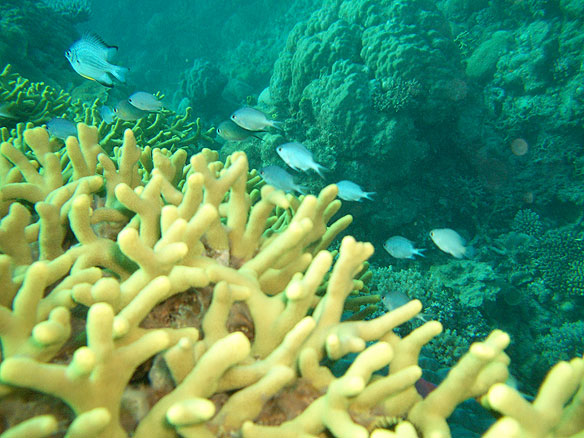
Research led by Stanford scientist Steve Palumbi reveals how some corals can quickly switch on or off certain genes in order to survive in warmer-than-average tidal waters.
Lionfish Decimating Caribbean Reefs
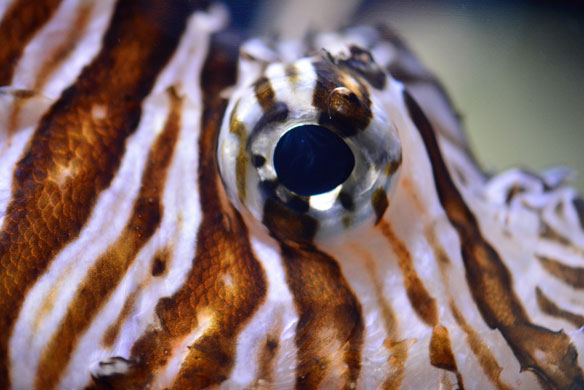
The lionfish, believed to have been introduced to the Atlantic coast by aquarium lovers in the 1980s, will likely wipe out most Caribbean reef fish in a decade or two. As a result, many corals that depend on herbivore fish will die and eventually turn to rubble, making shorelines more vulnerable to waves just as global warming is lifting sea levels.
New Fiery-Red Coral Species Discovered in Peruvian Pacific
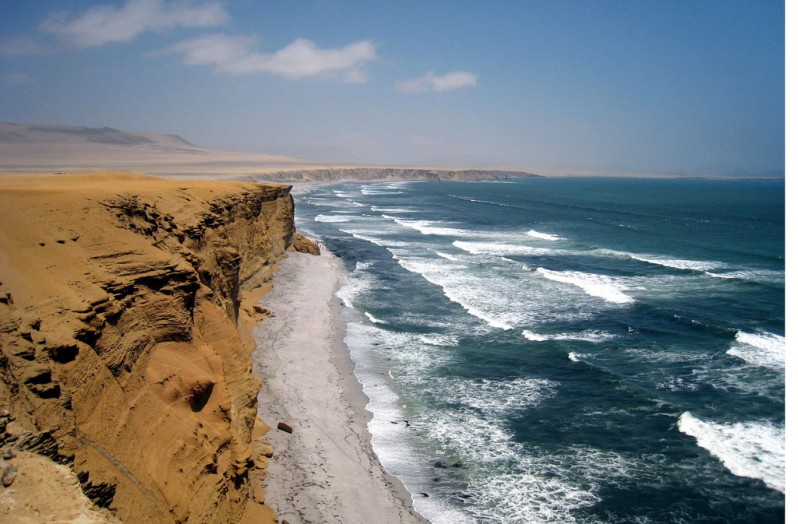
In the clear waters off the coast of Peru, researchers have found a stunning new red coral species that was not previously described by scientists.
Living Cold-Water Coral Reef Discovered Off Greenland
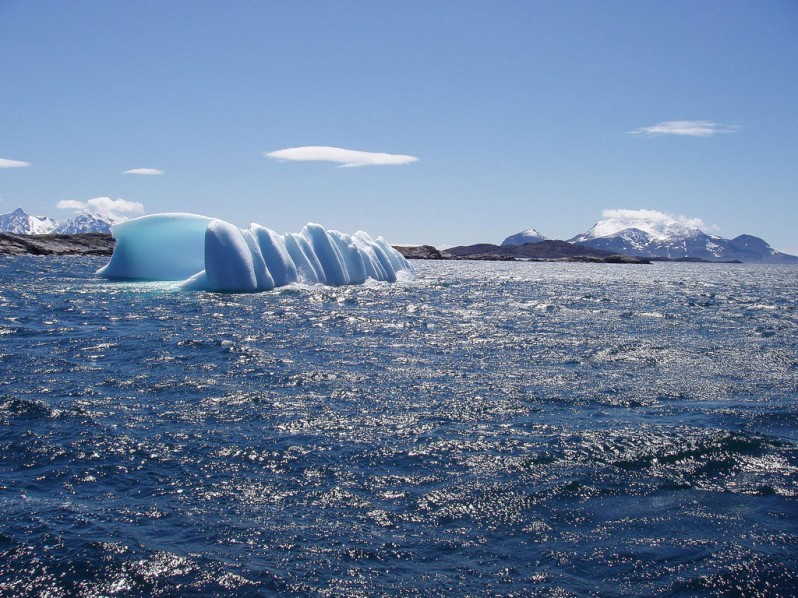
By sheer coincidence, Canadian researchers have discovered a reef of living cold-water corals in southern Greenland. There are several species of coral in Greenland, but this is the first time that an actual reef has been found.
Sydney’s Bald Reef Gets a Seaweed Transplant
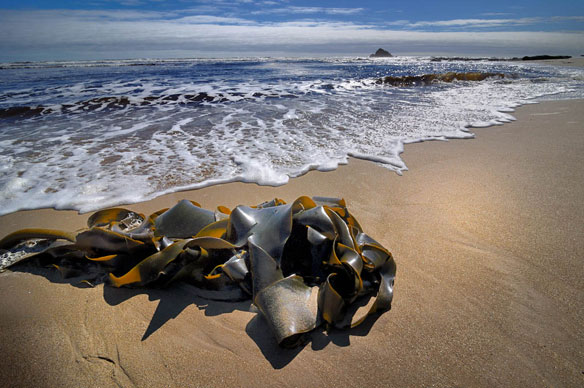
Seaweed transplants could help revive an underwater forest off the coast of Sydney, Australia, that was wiped out by sewage dumping decades earlier, a new study suggests.
Saving Fiji’s Coral Reefs Linked to Forest Conservation Upstream
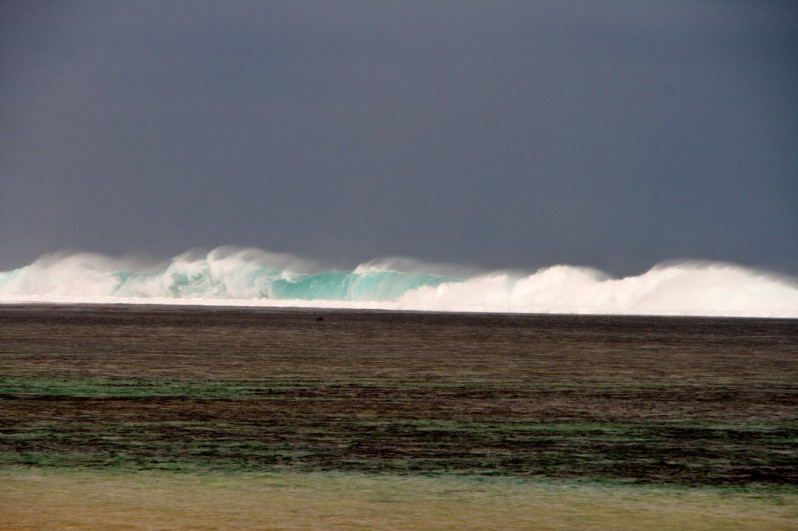
The health of coral reefs offshore depend on the protection of forests near the sea, according to a new study by the Wildlife Conservation Society that outlines the importance of terrestrial protected areas to coastal biodiversity.
Safety In Numbers? Not So For Corals

A new study revealed that global changes in climate and ocean chemistry affect corals whether scare or abundant, and often it is the dominant, abundant corals with wide distributions that are affected the most.
3D-Printed Artificial Reefs Bring Back Sea Life in Persian Gulf
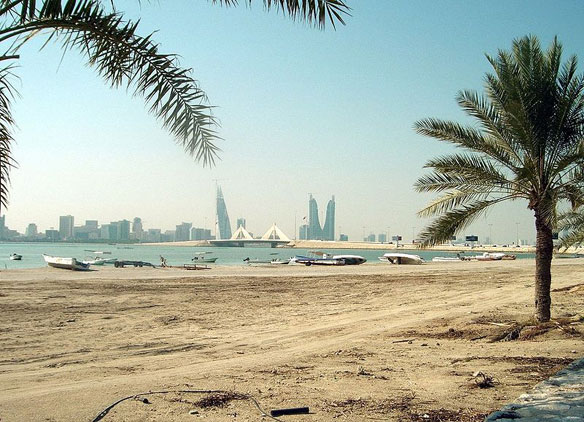
Reef Arabia, a team of artificial reef designers that includes reef experts from Bahrain as well as members from Australia’s Sustainable Oceans International, has started 3D printing reef formations and sinking them off Bahrain’s coast, where overfishing has had a major impact on the health of marine life there.
